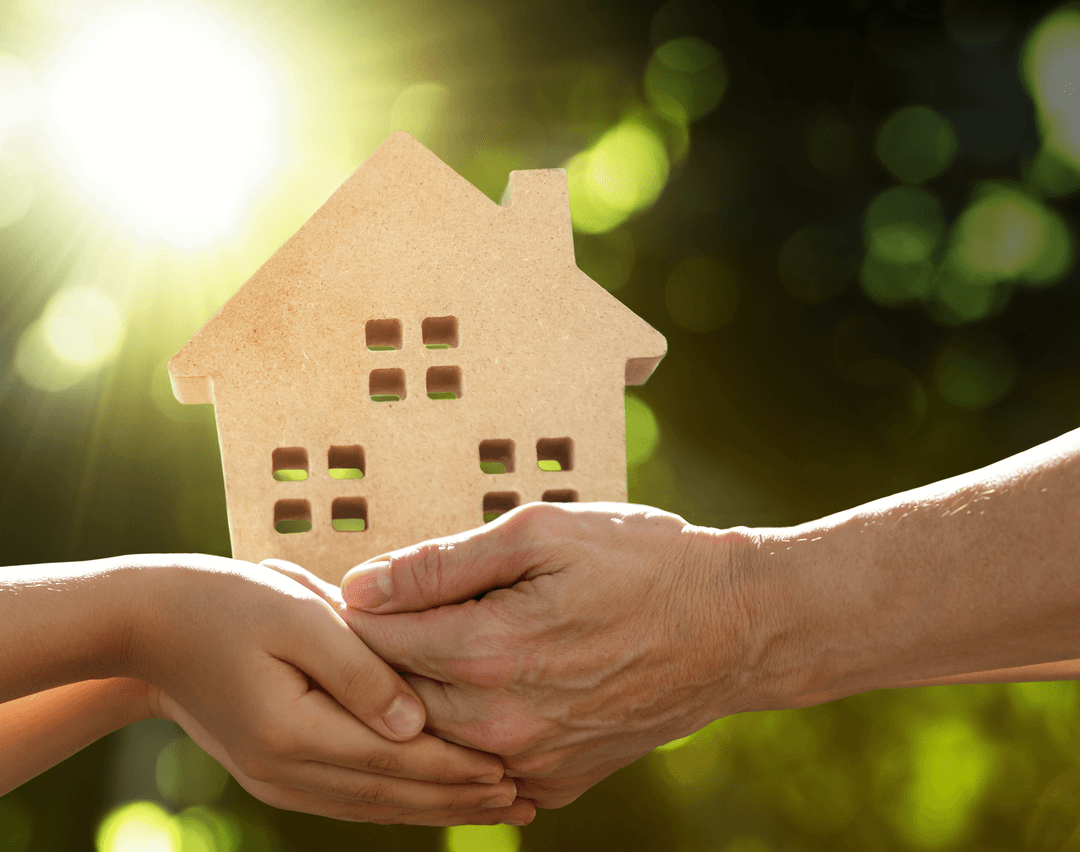Clean Manufacturing for Clean Energy

Lindsey Wiedmann
Chief Legal & Sustainability Officer
Solar panels do not grow on trees
It’s not a controversial thing to say at all. But as we transition to a cleaner, greener global economy, the fact that we must engage in complex manufacturing processes to convert quartz mined from the ground into the purified solar-grade silicon sitting on roofs around the world presents us with a difficult question. How can we ensure that the energy-intensive process of manufacturing solar panels is as clean as possible?
At Maxeon, we invest a substantial amount each year in finding new answers to this question. Our mission to Power Positive Change encapsulates our steadfast belief that by constantly improving ourselves, we help create a better future for our planet, our stakeholders, and our business. A few months back, we published our second annual Sustainability Report, highlighting details of our environmental performance for 2021, as well as our performance in social and governance metrics. In addition to reviewing our performance for the previous year, we lay out our plans for a better future.
Optimizing Manufacturing
It is an uncomfortable reality that while industries around the world still in large part depend on gas and coal, electricity-intensive solar manufacturing around the world is powered by burning fossil fuels. However, what most people don’t know is that most solar panels only need to operate for a few months to produce enough clean solar energy to offset the emissions produced in their production, a period known as the energy pay-back time (EPBT) of a module.
By continuously innovating in the efficiency of our modules, Maxeon has been able to reduce this pay-back time to a period we’re truly excited about. In 2021, we engaged an external consultant to assess the EPBT for our Maxeon 3 panels. They analysed the cumulative energy demand (CED) over all the life cycle stages of Maxeon's panels and considered local grid efficiencies for different global locations. The assessment they produced revealed that the energy requirements to produce Maxeon 3 solar panels were exceptionally low when compared with the solar energy these panels produce.
All in all, Maxeon panels had an EPBT of less than a year, as little as just over 47 days for ground mounted modules and only 98.5 days for roof-mounted modules. When you combine these outcomes with the 40-year warranty that Maxeon offers for its panels, the energy return during our technology’s warranty period is in many cases more than 100 times the energy required for its production.

Making the Most of Solar
We’re also taking steps to ensure our facilities are powered by clean solar energy where possible. At our manufacturing site in the Philippines, we installed solar panels on the south main roof, carpark and security posts. We also operate SunPower-branded, solar-powered golf carts to transport employees within the site.
And at our manufacturing facilities in Mexico, we’ve installed our solar panels atop our carparks and in the on-site organic garden. In 2021, we installed 11kW roof panels at one of our manufacturing sites, delivering an additional 1.875MW of energy monthly to that facility.
Looking to the future
As a company headquartered in Singapore we were delighted to see Ms Grace Fu, the country’s Minister for Sustainability and the Environment, announce the launch of the Singapore Green Plan 2030 in February 2021; a nationwide movement to advance Singapore’s agenda on sustainable development. At the same time, we’re pleased to have been one of the 12 inaugural members of the Singapore Low Carbon Network, launched as part of PwC Singapore’s Asia Pacific Centre for Sustainability Excellence. The network supports the Singapore Green Plan 2030 and aims to bring together enterprises and organisations across Singapore with ambitions to decarbonise. We will continue to work with organisations around the world to ensure that the global economy decarbonises.
However, our ambitions extend beyond the boundaries of Singapore. We are pleased to have released our first set of 2030 ESG long-term targets in support of the global transition to clean solar energy and net-zero emissions. By 2030, we have clear targets to reduce our energy and emissions intensity, our water intensity, our wastage, and grow from Bronze to Gold Cradle to Cradle certification.
We are delighted with the progress we have been making on ESG performance as we continue Powering Positive Change across the world. Making products sustainably requires thinking about the impact that they have on the world in a multi-dimensional way, and we are committed to leading the industry on sustainable manufacturing and embedding these practices across geographies. As we move steadily towards our 2030 targets, we will hold ourselves to higher and higher standards – that’s the only way we can reach the ambitious global targets that we have set ourselves.
